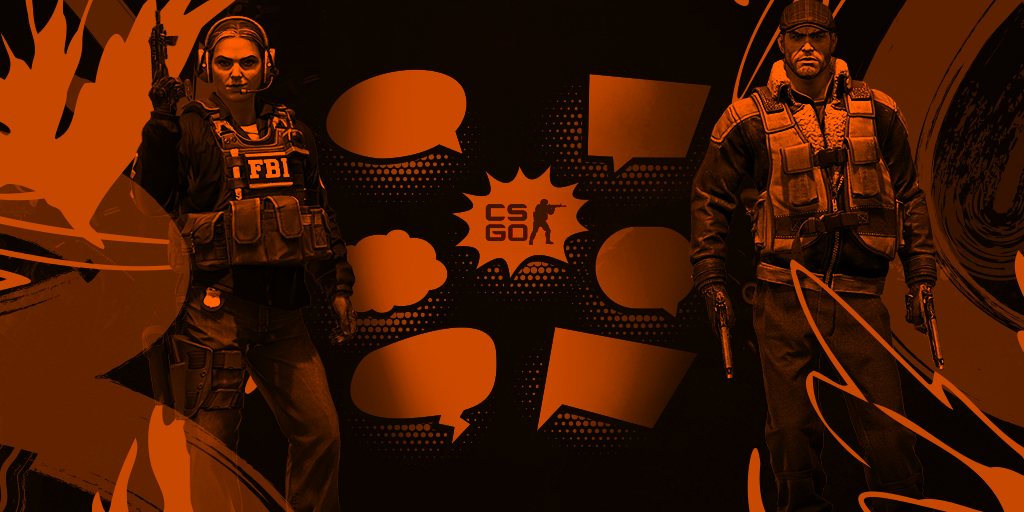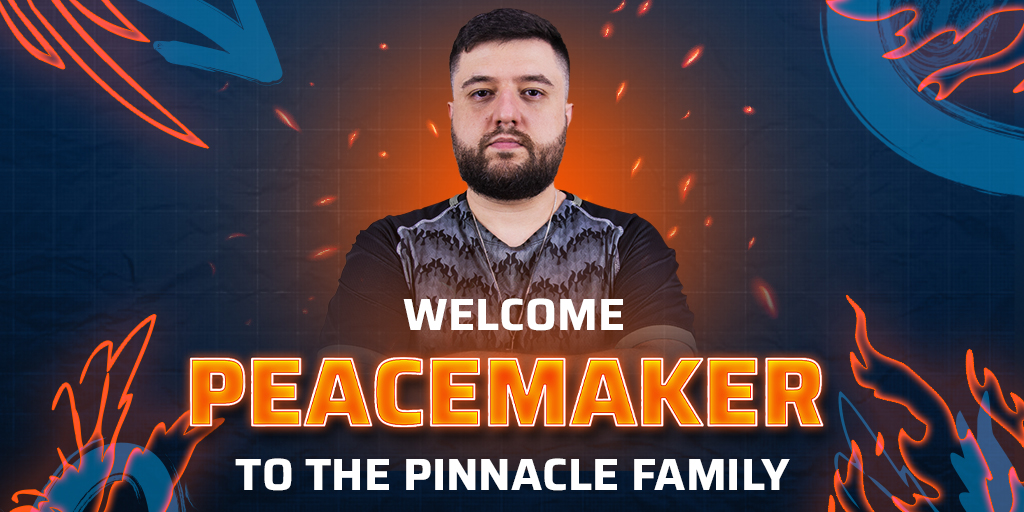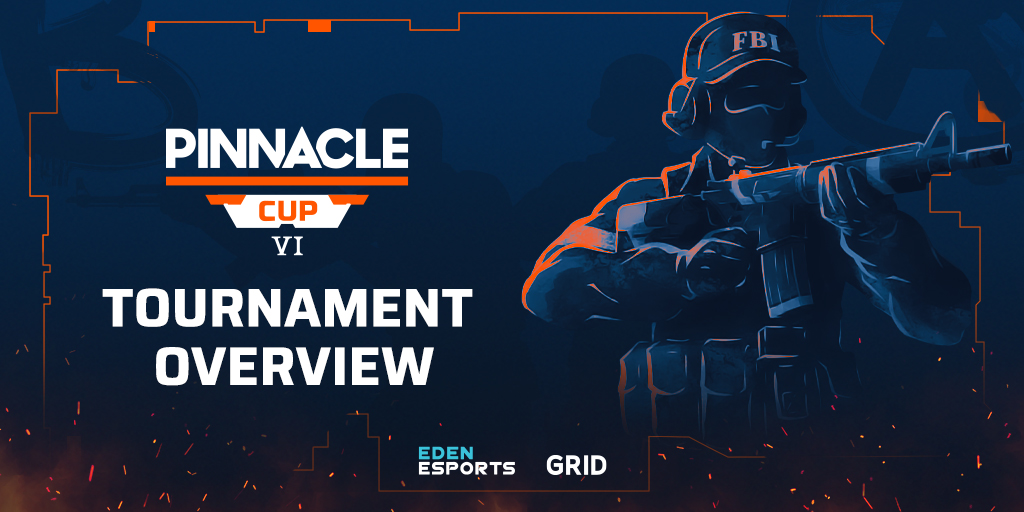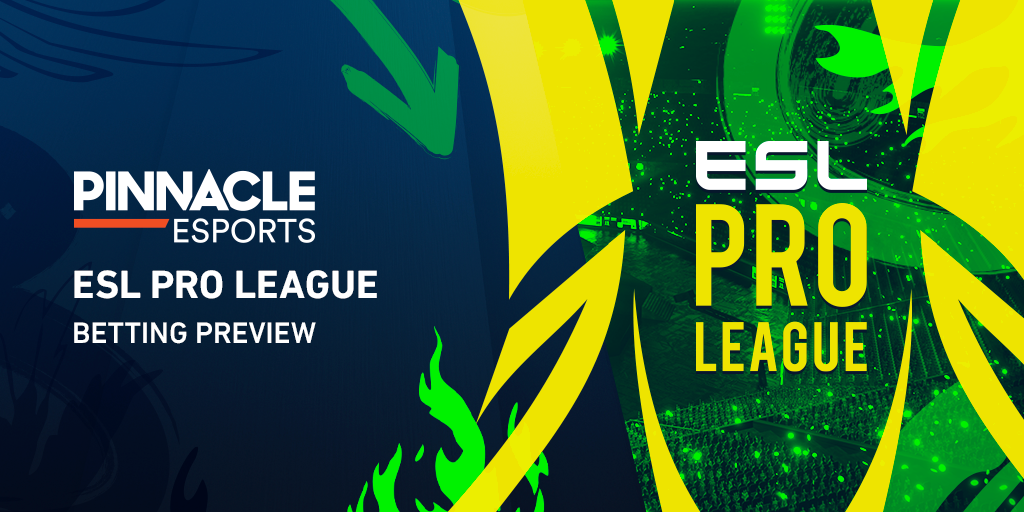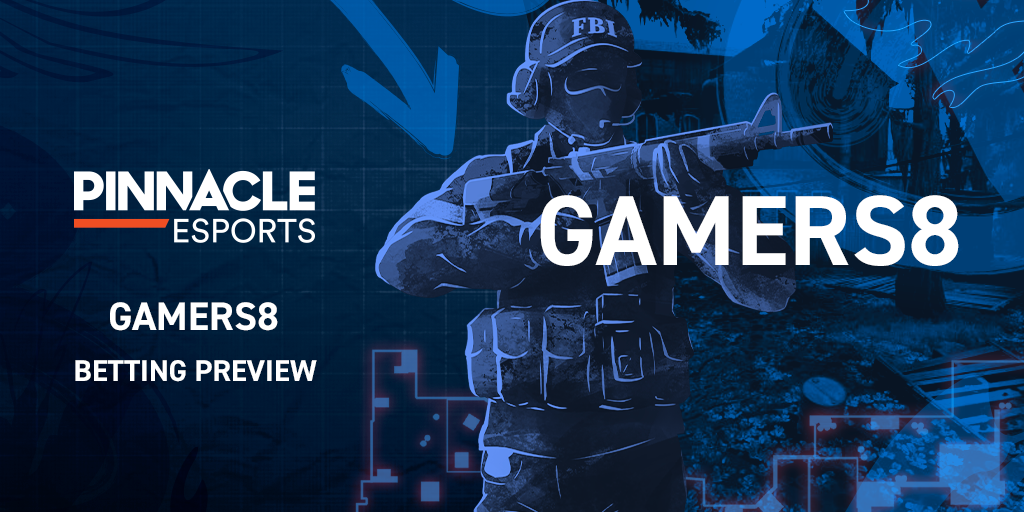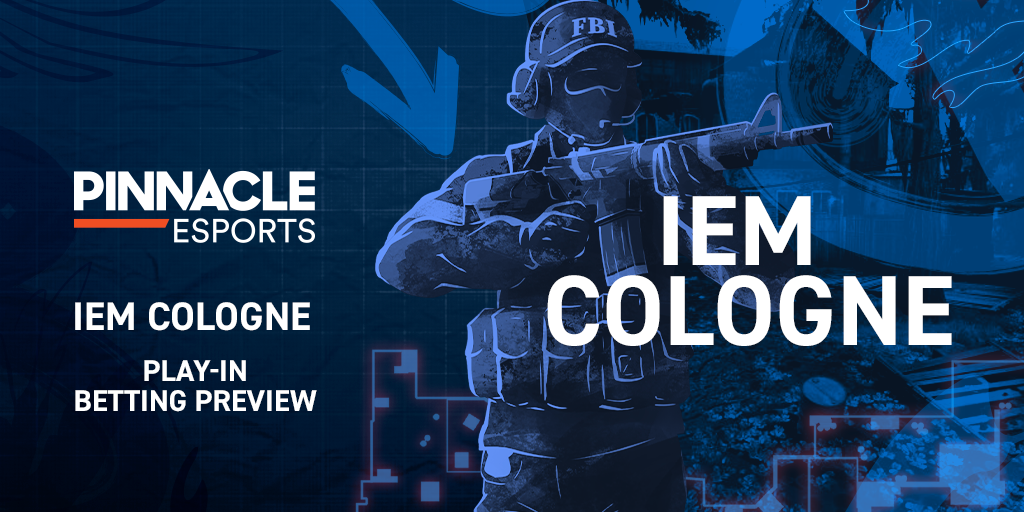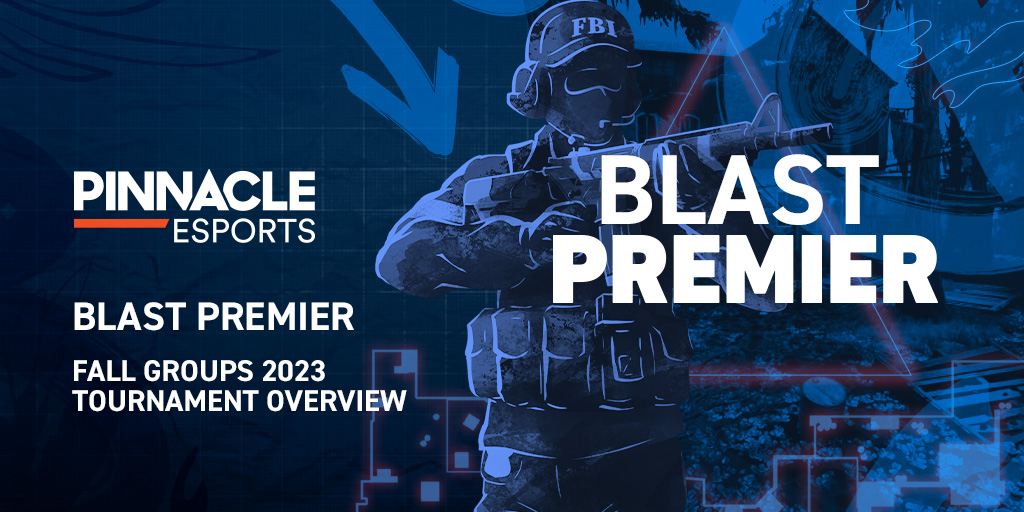Communication. Rightfully one of the most recurrent themes in Counter-Strike, it has also always been a topic of great interest for me. I used to be very affected by the quality of my teams’ vocal exchanges during games.
Even now, in my most recent role as analyst, I am fascinated by how teams communicate in the middle of high-pressure situations. Whenever I have access to this raw diamond of information, I use it as a limitless resource to learn about these teams.
Fundamentally, what does communication accomplish in CS:GO? What does “good communication” bring to a team? Is it only what we’re saying or how we’re saying it? In this column I want to take you on a reflexive voyage about communication in general.
Understanding communication
Figuring out your opponents’ strategies and future plans is one of the keys to success in Counter-Strike. Being able to correctly visualize where they will attack or how they are defending a bombsite gives you an amazing advantage moving into the round. This is why wallhacking can be so insufferable to play against.
Some situations need a kick of adrenaline if a decision has to be taken quickly. Context might justify a sense of hurry and urgency in your communication
How are you supposed to defeat an opponent that knows everything? My theory is that efficient communication between five members of a team will get you as close as possible to the “wallhacking” situation. As an isolated player, any mental representation you form in your mind about the map and your enemies’ positioning relies only on the visual and audio cues that you are getting from your own environment.
You might see or hear a number of opponents, and the same goes for utilities. Based on this input, you will form a theory as to how many people are at close proximity. But you fundamentally lack some information to create an accurate and perfect picture. To do that, a team needs input from all over the map to correctly assess the situation.
Let me give you an example. Think for a second that you are playing Inferno on the offensive side. After fifteen seconds, one of your teammates hears three explosive grenades being thrown down Banana and another one hears two incendiary grenades - one Middle, that came from Quad, and one in the Apartments.
- Read more from Maniac: The impact of fatigue on performance
If all of these cues are shared within the group, you have enough material to create a photograph of the exact positions of your opponents at a given time. The quality, the precision, and the speed with which teammates communicate helps everyone build a proper mental map of their opponents, thus making sure the right decisions are being made. In CS:GO, a situation is always evolving and it is of the utmost importance to update your teammates on changes and developments that happen where you are.
For instance, you might get “faked” with three smokes, two incendiaries, and a hell of a lot of steps but if after five seconds you don’t hear anything anymore, you need to quickly alert your teammates. The “picture” that I was referring to earlier is actually more like a movie, a series of pictures that need constant refreshing in order to stay on top of the situation.
Precision
Yet communication isn’t only about finding and sharing information, it is about action too. While a well-planned strategy should theoretically require less communication between members of a team, there will always be elements of randomness that need to be addressed fast and correctly.
The difference between “how you planned the round” and “how it actually goes down” is one that needs to be handled through communication. To continue our Inferno example, let’s pretend for a second that your plan was to take Banana control on the defensive side. Suddenly the number of enemies challenging you is a lot higher than expected and you have to back down and turtle on the B bombsite.
You will need to call for backup, and the quality of the coordinated response will depend almost single handedly on your communication. Sometimes a round will either be won or lost in a split second, whether or not the flashbang grenade that you require from your teammate will arrive right on time to help you get rid of your opponents.
Once more, the urgency and preciseness of your request might make the difference. We collaborate and coordinate our efforts through communication. In a game that heavily relies on teamplay, one cannot possibly downplay the importance of communication.
Emotion and tone
Finally, I couldn’t forgive myself if I did not briefly touch on the emotional dimension of communication. I’m not talking about the content, but the form of the messages sent to your teammates. Think about the tone, the pace, the eventual sighs, and the energy that you wrap your information into.
Being able to correctly visualize where they will attack or how they are defending a bombsite gives you an amazing advantage moving into the round.
Without exaggerating, the same content could impact a teammate in many different ways. Emotions, the good and the bad ones, can spread and contaminate your teammates at any time during a game. You have the power to spread calm and serenity to your teammates if you quietly tell them that three opponents are coming his way, or you can stress them out of their minds by shouting like a mad man.
Obviously, these are two poles of a continuum and reality rarely is so easy. This is not to say every piece of information should be articulated like a whisper in the wind. Some situations need a kick of adrenaline if a decision has to be taken in a matter of seconds - if the bomb is on the floor with eight seconds remaining for example. Context might justify a sense of hurry and urgency in your communication.
My point is that we should all be aware of the impact that we can have on our teammates. We can motivate them, or pull them down. We can calm them, or stress them out. I strongly suggest, for any player, to dedicate a part of your brain to reflect on “how you communicate” the next time you’re playing. I’m sure we all can improve on that.

